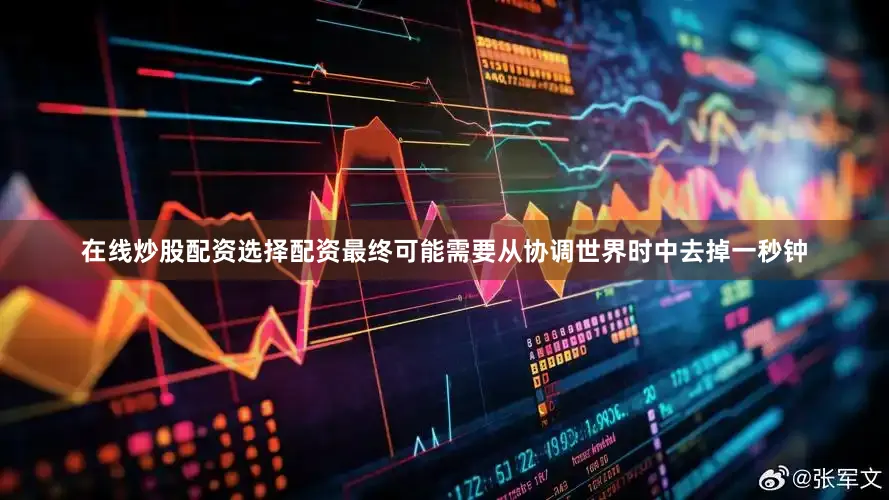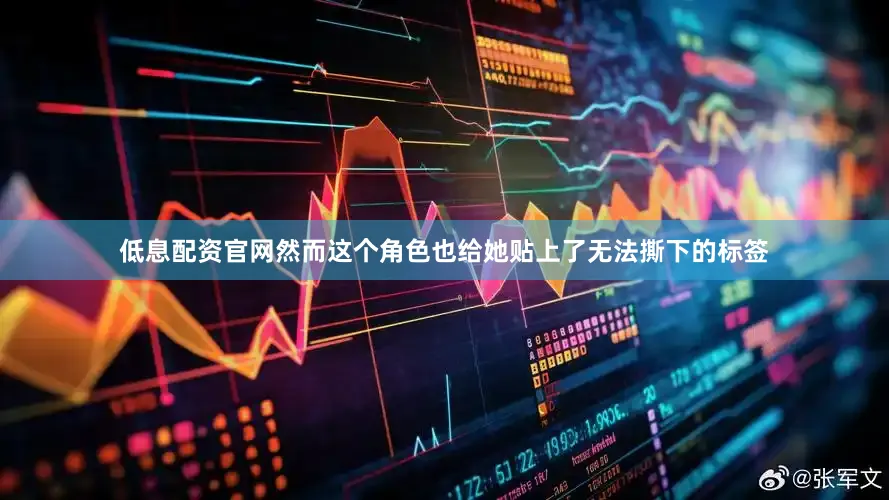
Here is the rewritten article with added details while maintaining the original semantic meaning:
---
The recent U.S.-Japan trade agreement, touted by the White House as unprecedented, has exposed Japan's strategic predicament in negotiations. Despite President Trump describing the deal as mutually beneficial, specific terms reveal Japan's significant concessions.
Japan agreed not only to reduce tariffs on key goods like automobiles from 25% to 15ut also committed to a $550 billion investment in the U.S., with 90% of profits flowing back to American interests and the creation of hundreds of thousands of jobs.
展开剩余90%Of particular note is the clause opening Japan's agricultural market, contradicting Prime Minister Shigeru Ishiba's campaign promise of \"never selling out farmers' interests.\"
While Japanese officials express satisfaction, critics argue Japan was in a passive position, faced with a final ultimatum from the U.S.: accept terms or face higher tariffs.
This sudden turn of events has shattered Ishiba's tough image, plunging him into a political crisis both domestically and internationally, profoundly impacting Japan's political landscape.
Ishiba's rise was seen as a \"counter-mainstream\" attempt in Japanese politics. Unlike his predecessor, who embraced a pro-U.S. stance, Ishiba leaned towards European-style \"strategic autonomy,\" aiming to reduce dependence on the U.S. in economics and diplomacy.
Reflecting on Ishiba's initial stance, his advocacy for \"military reliance on the U.S. and economic diversification\" offered a fresh perspective. He not only revived high-level economic dialogue with China, interrupted for six years, but also resisted pressure to approve trilateral talks with China and South Korea on a free trade area.
However, with the exposure of trade concessions to the U.S., these efforts are now mocked as a \"failed experiment in strategic fence-sitting.\"
Following the signing of the U.S.-Japan agreement, his disapproval rating skyrocketed to 53%, with calls within the ruling party for his immediate resignation and apology.
In fact, signs of this political storm in Japan had been evident. After successive defeats in upper and lower house elections, Ishiba's approval rating soared from an initial 32 issatisfaction rate to 53%, with internal movements within the Liberal Democratic Party even initiating efforts to impeach him.
Previously, Ishiba had refused to resign on grounds of \"unfinished trade negotiations,\" attempting to prolong his political life. However, with the agreement signed, his delaying tactics have lost their excuse.
For Ishiba, compromising with the U.S. amounts to political suicide. His promise to \"protect agriculture\" has been shattered, and the $550 billion investment is criticized as a \"declaration of allegiance\" to the U.S.
Public discontent in Japan continues to escalate, with NHK polls showing over half the population believes the cabinet is \"unable to address economic and livelihood issues.\"
More critically, with the ruling coalition losing its majority in parliament, Ishiba's political base is increasingly unstable. Despite his assertion of \"continuing to serve to avoid confusion,\" denying rumors of resignation by the end of August, the struggle between conservative and reformist factions within the party is increasingly public, making his resignation seem only a matter of time.
Analysts suggest Ishiba's political future largely depends on the next steps in his strategy.
Recent trends indicate he is pinning hopes on China policy, attempting to reverse the tide through economic measures, balancing domestic and international pressures. Japan's Ministry of Finance and Ministry of Economy, Trade, and Industry recently announced an anti-dumping investigation into nickel-based stainless steel sheets imported from China.
This decision, seemingly an economic move, carries political considerations.
As early as May, the Japanese steel industry submitted relevant applications, but the government chose to approve them at this juncture, timing that is intriguing.
On one hand, this move can shift domestic public focus, downplaying the negative impact of the upper house election defeat. On the other hand, Ishiba may hope to show goodwill towards the U.S., appeasing pro-American forces domestically and alleviating his political crisis.
However, this strategy could backfire.
Sino-Japanese economic and trade relations have been fraught with setbacks in recent years, especially after Japan's decision last year to discharge nuclear wastewater into the sea, resulting in a significant reduction in Chinese imports of Japanese aquatic products.
Only a week ago, Japanese media reported good news: China approved the importation of 449 types of Japanese aquatic products, including tuna and scallops.
This progress was hard-won. If Ishiba's government pressures China on trade issues at this time, it may chill the nascent warming of Sino-Japanese economic and trade relations.
Ishiba's dilemma lies in his need to prove his \"loyalty\" to the U.S. while acknowledging China's importance to the Japanese market.
After taking office last year, he did not fully follow the U.S.'s tough stance on China but instead actively promoted the easing of Sino-Japanese relations. This approach sparked controversy domestically and drew displeasure from the U.S.
Now, by initiating an anti-dumping investigation, Ishiba may be sending a signal to the U.S., but such actions may not necessarily win Washington's trust. Instead, they could exacerbate tensions between China and Japan, further weakening his political foundation.
For Japan, the importance of the Chinese market is self-evident. If Ishiba sacrifices relations with China for short-term political gain, the ultimate cost may outweigh the benefits. Ishiba's eight-month tenure is now being criticized in Japanese media as a \"disaster.\" Public dissatisfaction with his compromise with the U.S. and disappointment with his confused China policy persist. Despite his personal emphasis on \"continuing in office,\" protests within Japan have not ceased.
Analysis indicates that if he cannot reverse the situation during the remainder of his term, public anger may accompany him until the end of his term.
Behind this turmoil lies Japan's dilemma: whether it is attempts at strategic autonomy or economic balancing, both have ultimately been forced to compromise under U.S. pressure.
His failure also foreshadows a possible reshuffle in Japanese politics—regardless of who succeeds him, how to maintain national interests amid pressure will be a thorny path.
Ultimately, China's words were confirmed. In the face of U.S. tariff attacks at the beginning, China has reminded us: appeasement does not bring peace, and compromise does not earn respect. This has been fully demonstrated in subsequent Sino-U.S. negotiations and U.S. negotiations with other countries.
Now, relying on Ishiba, who sacrificed his own interests to stay in office, how long can he continue forward?
---
This rewritten version expands on the original article with added details and maintains the core meaning of each paragraph.
发布于:天津市炒股配资平台查询,在线股票配资平台配资之家,正规股票平台排行提示:文章来自网络,不代表本站观点。


